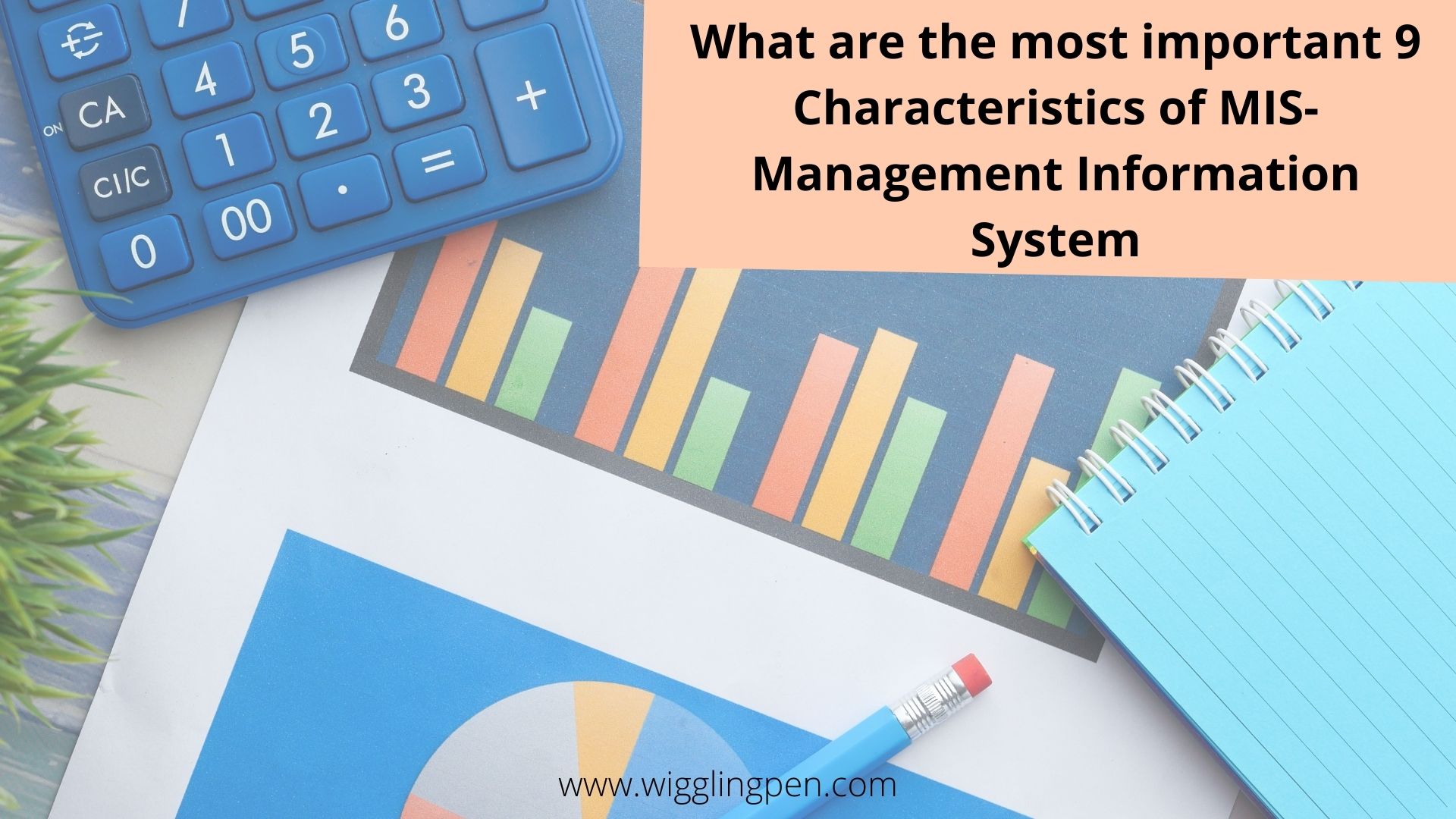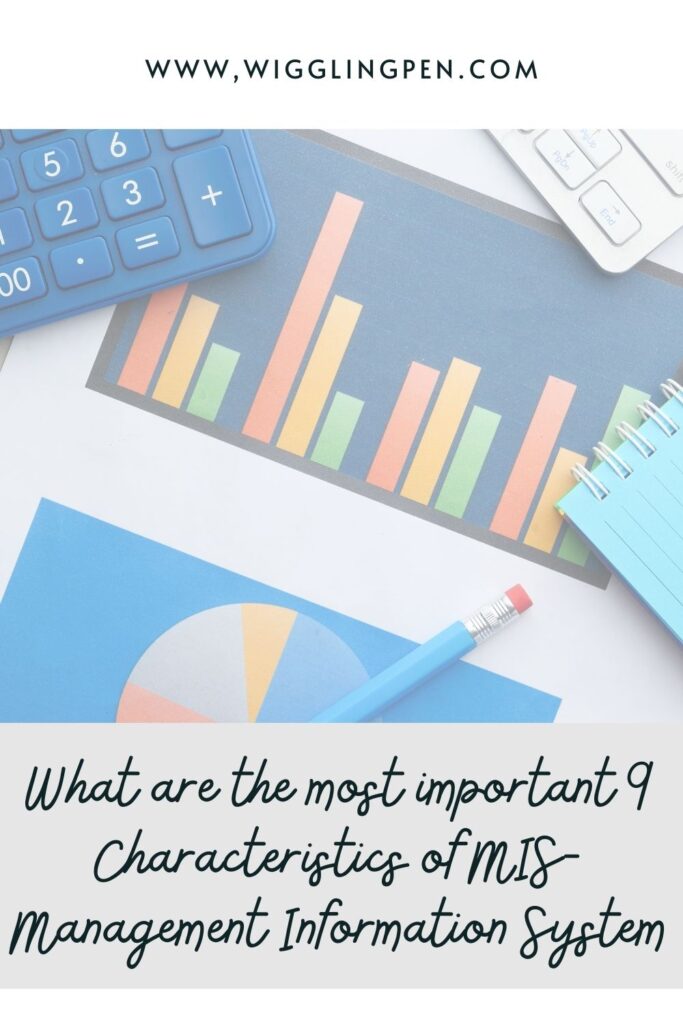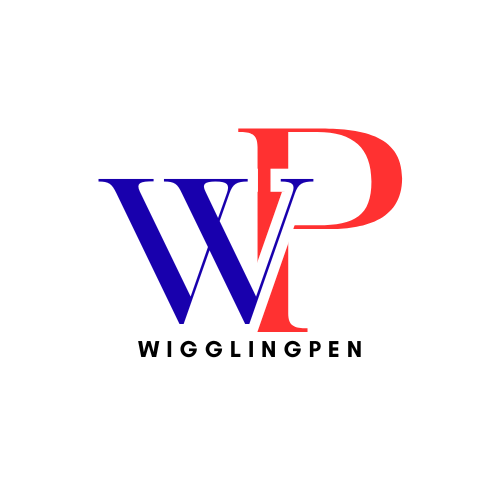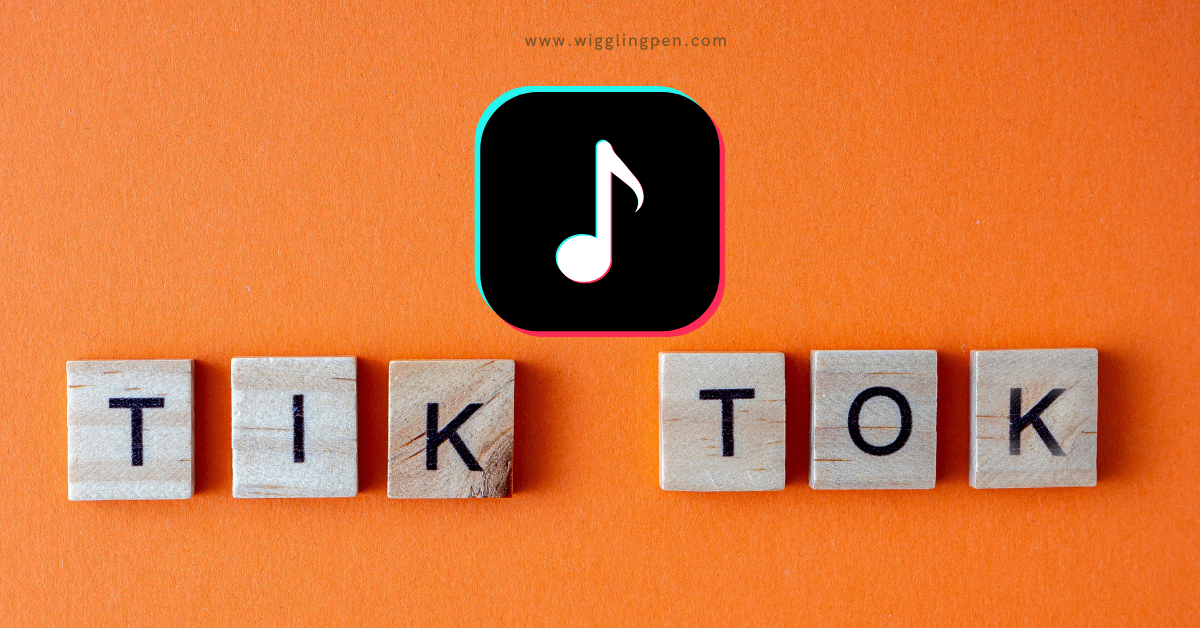
In a previous post, I shared what is MIS, and its components. Till now we understand that MIS plays a vital role in every aspect of any organization. The 9 Characteristics of MIS are very important to understand:
- System Approach
- Management Oriented
- Need-Based
- Exception Based
- Future-Oriented
- Integrated
- Long Term Planning
- Sub-Systems Concepts
- Central Database
1. System Approach
To start with the Characteristics of MIS the first one is the System approach is for planning, organizing, and controlling and it is what we can call which is interrelated and interdependent to each other.
For any management one, a very important aspect is planning and it should include 4 primary aims in terms of growth-
What needs to be done?
When to be done?
How to be done?
Who will do it?
A good lined-up policy and procedure made a magnificent structure of an organization. It is important for upper management to keep people working together as a team to lead a successful group action. This is where the organization comes in with good functional methods and the system for the management process.
We require maintaining the quality of performance setting up performance standards and need to watch out for both quality performance and quantity performance.
2. Management Oriented
We should derive the MIS development plan from the overall business plan. Management orientation of MIS implies that the MIS design should have a top-down approach, which means it should determine management requirements along with business goals.
3. Need-Based
At different levels, strategic planning, management control even operational control level, all developments take place as per the information which is required by the managers. We require this need for information to survive in the modern competitive world and to keep the system up to date.
4. Exception Based
On the basis of exception-based reporting principal MIS should be developed. Exception-based reporting means an abnormal situation, like the minimum, maximum, or expected value that varies beyond the limit. To take up a decision in such a case exception reporting is required.
5. Future-Oriented
Apart from exception-based reporting, MIS should also look at the future and provide information, based on projections. It needs to collect information for future planning and problem-solving.

6. Integrated
The next very important Characteristics of MIS are Cost setup, workforce, productive capacity, customer services, and capital requirements are equally required to develop an effective production system. So, MIS should have one of the characteristics and that is Integration which will be meaningful for any organization to grow.
7. Long-Term Planning
MIS is developed keeping the requirements of any organization and it is long-term planning, which is needed to be done and should be developed keeping the long-term goals and planning.
8. Sub-Systems Concepts
MIS development looks really complex as a big system but needs to be broken down into digestible sub-systems which are more meaningful at the planning stage.
9. Central Database
Each system requires access to the master file of data covering inventory, personnel, vendors, customers, etc and so it is important to gather data once and validate it and needs to be kept on a central storage medium, and as per requirement, it is accessible by another subsystem.
These are the major Characteristics of MIS which need to be followed and kept in mind developing MIS.
Also Read: What is Growth Marketing and strategies?
© Ruchi Verma
Discliamer:
Unauthorized use and/or duplication of this material without express and written permission from this site’s author and/or owner is strictly prohibited.
Excerpts and links may be used, provided that full and clear credit is given to Ruchie Verma (WigglingPen) with appropriate and specific direction to the original content.









Very educative. You have written it in great detail and explained it using simple language so everyone can understand.
Such an informative article.
Loved how you make complicated technical stuff seem so easy! More power to your WigglingPen!
Wow, that’s quite a detailed post on MIS. I learned about MIS when I was doing my MBA. It’s a vast topic. But you explained the important 9 characteristics quite well.
this is something i never thought of. thanks for sharing
Yes!! these are the basic characteristics !!
Very useful and informative post. Thanks for sharing this.
This is good information. Love the way you write about these things.
Thanks Cindy!!
These are some really important points. Looking forward to more posts on MIS from you.
Thanks, will surely try to share more!!
These are the much-needed basics. Strangely even experience people lose hold of the basics gradually. Your post has a comprehensive account of all the points needed to be taken care of.
Thanks, I am glad you liked this!!
MIS has become a need for every business. I recently bought one software for my family business.
Wow!! I am sure that will surely help in your business growth!
MIS is so new to me and this is packed with a lot of information for someone new to this like me. Getting to know a lot more apart from my field, thanks for the share.
This is really informative. I love the way you simplified it. I am truly enjoying the series,
You have made it so simple and easy to understand